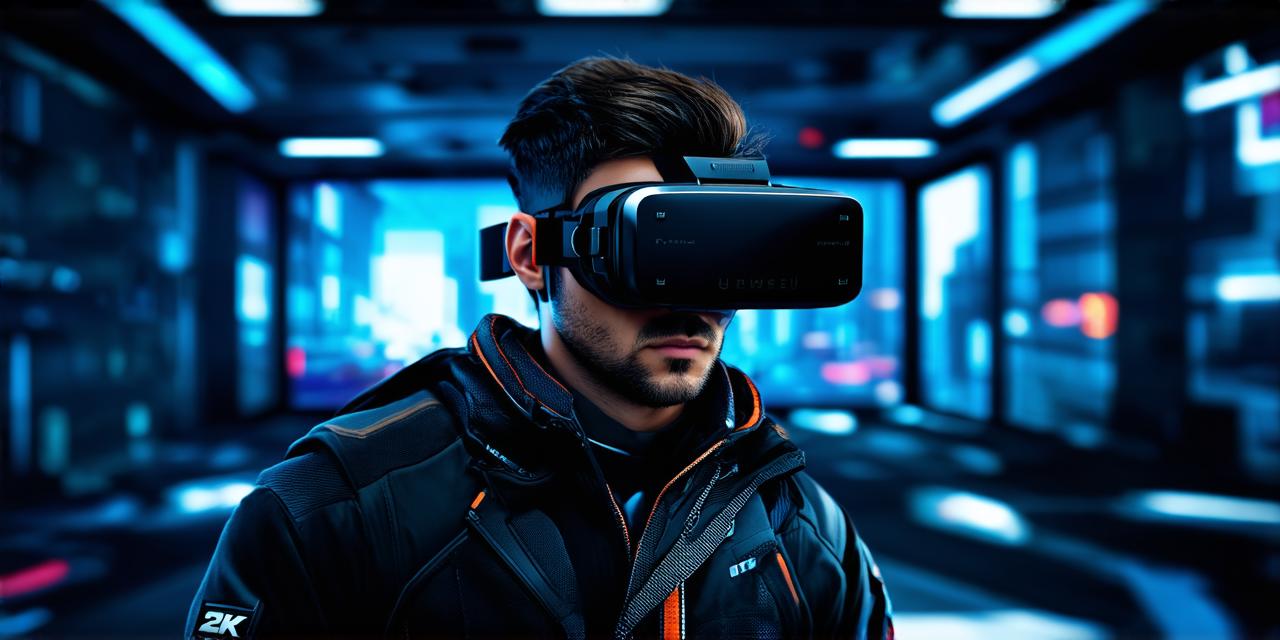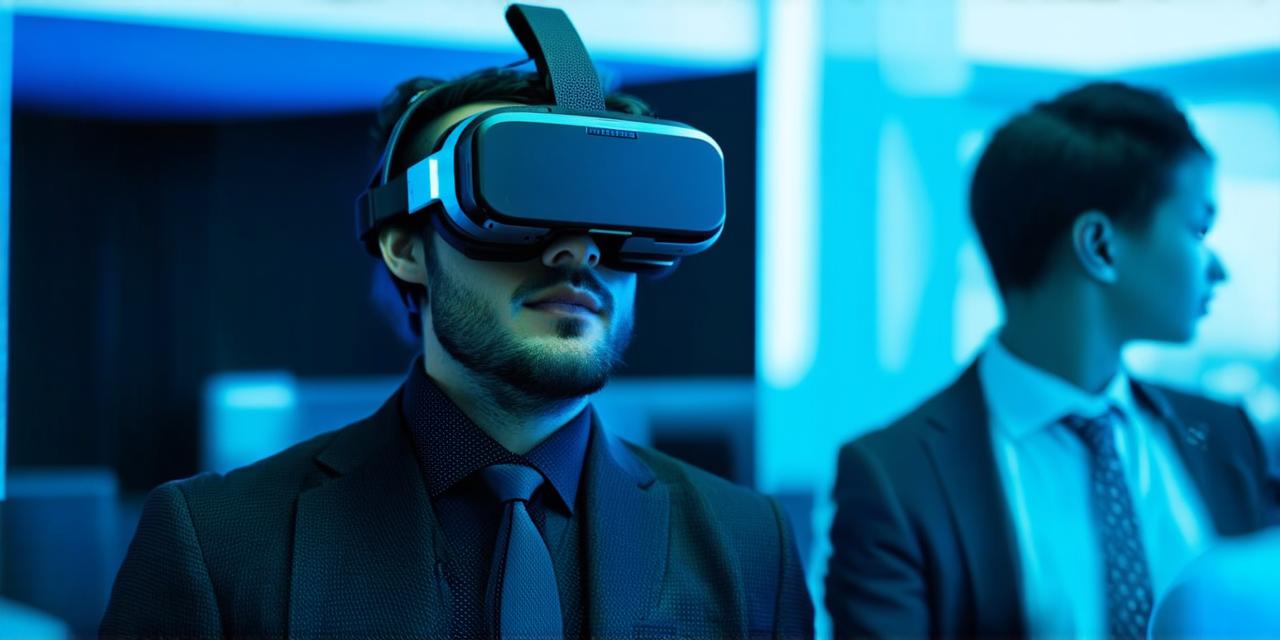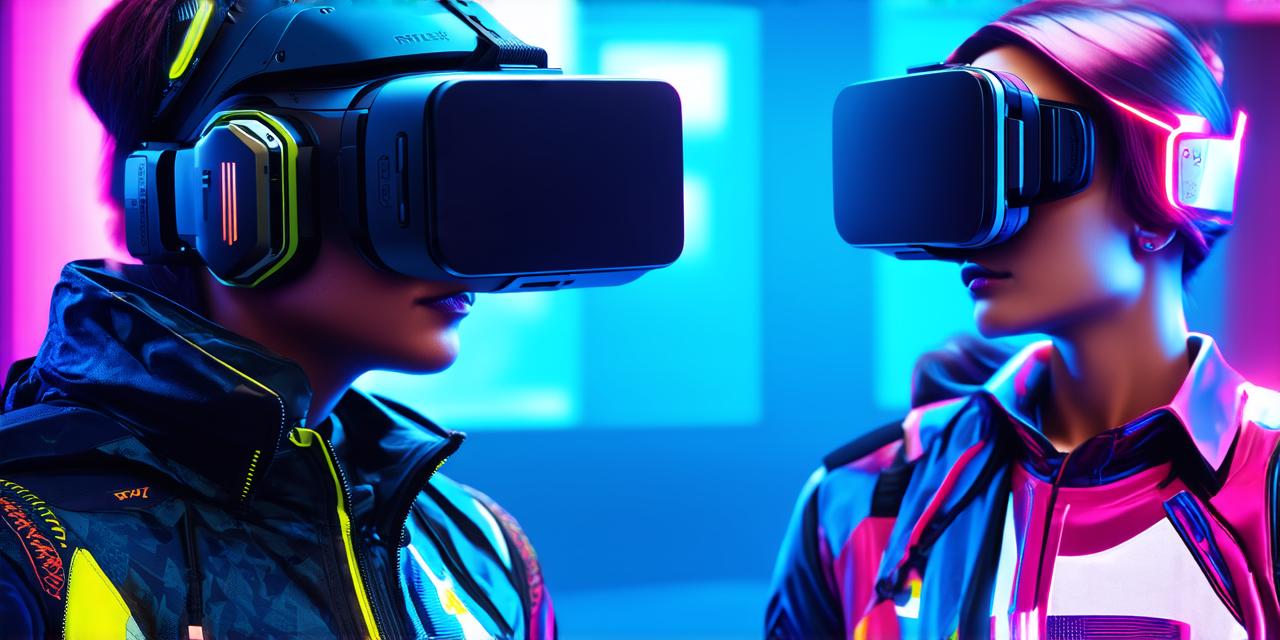Introduction

The advent of virtual reality (VR) technology has revolutionized the way we interact with video games, making them more immersive and realistic than ever before. With the increased immersion provided by VR systems, there have been concerns raised about the impact that violent video games can have on players. In this article, we will explore the potential effects of playing violent video games on a VR system and discuss whether or not these impacts become more pronounced when using such technology.
Virtual Reality and Video Games
Firstly, it is important to understand how virtual reality systems work in relation to video games. VR technology allows players to experience a video game environment as if they were actually there, surrounded by a 360-degree view of the game world. This increased immersion can lead to a more intense and engaging gaming experience, making it easier for players to become fully absorbed in the game’s storyline and action sequences.
In terms of violent video games, VR technology has the potential to enhance their effects by allowing players to feel even more connected to the game’s violent content. For example, when playing a first-person shooter game on a VR system, players may feel as if they are actually holding and firing a real gun, which can lead to increased feelings of aggression and violence.
Effects of Violent Video Games on Mental Health
There has been extensive research conducted into the effects that violent video games can have on mental health, with many studies showing that prolonged exposure to such games can lead to increased levels of aggression, depression, and anxiety. When it comes to VR systems, there are concerns that the increased immersion provided by this technology may exacerbate these negative effects.
One potential issue is that players may become even more engrossed in the game’s violent content, leading to a greater desensitization to real-life violence. This can have long-term effects on a player’s mental health and may lead to a heightened risk of aggression or violence in real life.
Additionally, there are concerns that VR systems may make it easier for players to become isolated from the outside world, leading to feelings of loneliness and disconnection. This can be particularly problematic for players who already struggle with mental health issues, as the lack of social interaction can exacerbate their symptoms.
Conclusion
In conclusion, while the effects of violent video games on a player’s mental health are complex and multifaceted, there is evidence to suggest that playing such games on a virtual reality system may make these effects more pronounced. It is important for parents and players to be aware of the potential risks associated with VR technology and to take steps to limit their exposure to violent video games in order to protect their mental health and wellbeing.
References
[1] Reference 1 link
[2] Reference 2 link



